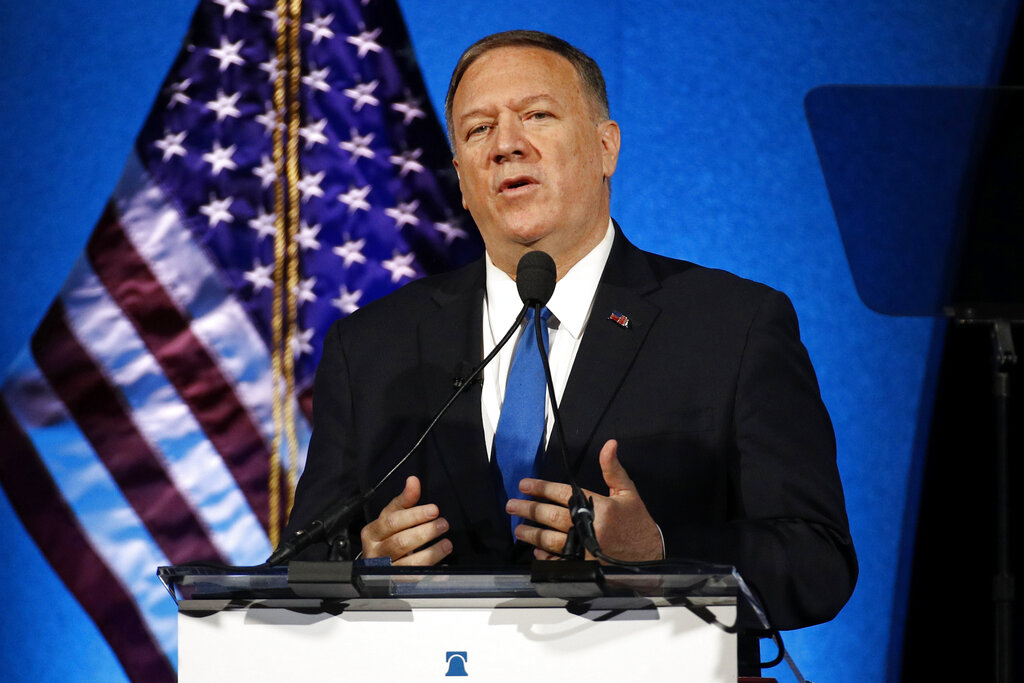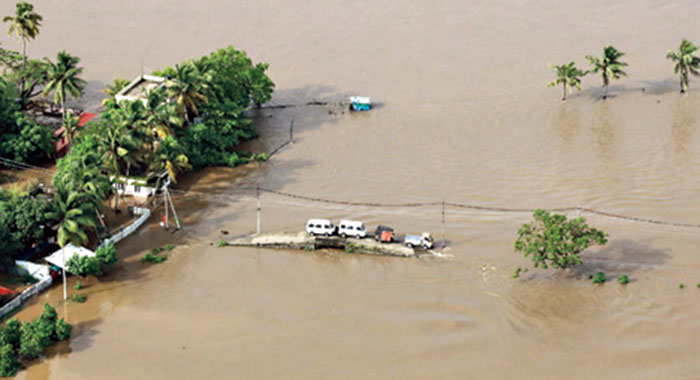Farzana, the seamstress, asks in anguish, ‘Why do they break our little houses?’ Kailash, the fireman, is equally distressed; ‘Why are they closing down the kilns?’ Both are agonizing over environmental imperatives that put their lives and their livelihoods at stake. They are, in many ways, forerunners to Greta Thunberg who cries, “How can I feel safe when I know we are in the greatest crisis in human history?” But there is one difference. Greta’s voice reverberates in the public mind; but not those of Farzana and Kailash. Isn’t it curious that in a supposedly democratic milieu, the voice and actions of a young girl should ring more powerful than the despairing cries of the multitude?
When voices like those of Greta and the Extinction Rebellion grab the attention of politicians, what are the decision-makers likely to do? Going by their past performance, developing nations are likely to blame developed countries, in the manner of the young blaming the old, for having created the problem in the first place.
Taking off from that, the developed world would promise to cut down on its emissions by inventing and using new technologies that produce more but pollute less. Developing nations, on their part, would argue that they be provided with those technologies and some funds so that they can reduce their emissions as well. If Farzana’s and Kailash’s voices were to ever reach the top, those in power would only blame the poor for their ‘underdevelopment’, without examining how development itself may have created the problems of pollution and degradation.
For instance, in its ‘special report’, the Intergovernmental Panel on Climate Change has listed the impacts of global warming and suggested that populations at higher risk include the disadvantaged, indigenous peoples, local communities dependent on agricultural or coastal livelihoods, and those mainly in the tropics and subtropics. It neatly sidesteps the challenge that in order to comply with a threshold of 2.5 tonnes CO2 per person to keep within the 1.5°C warming limit, the average Saudi would have to reduce energy consumption by 85 per cent, the average American, Canadian, Australian and German by 80 per cent. That would mean no cars, planes, heated/cooled homes, burgers, skyscrapers. But it is a question that Shamsuddin the carpenter addresses: ‘How is it that my cycle causes congestion and their cars don’t?’ Noor chimes in with, ‘It takes two hours to get a bucket of water; how will a family of five make do?’
The vision of the poor being the ‘most vulnerable’ runs like a bleeding artery through most discussions on climate change. Supposing we apply the principle of ‘common but differentiated responsibilities’ to societies, then what would we get? Data show that the poorest 50 per cent (earning about five dollars per day) are responsible for only 10 per cent of global emissions. Not only that, as labourers who expend more energy at work than they consume at home, it is known by researchers that they restore energy balances. Can, then, the following question be asked? Are not the poor and underdeveloped worlds living a sustainable existence, and should not the developed world adjust to their style of life and consider their model to be one of ‘sustainable development’? Interestingly, this question is already being asked, for many years now, by a set of democratic voices that exists in every nation but are not heard by the public ear, far less by the powerful policy-maker.
These voices emerge when the working poor are affected. ‘We build others’ houses; when will we have our own homes? Will we get jobs in the Smart City? You have enough services for 6-star hotels, housing societies, entertainment parks, but not for us? You accuse us of creating pollution but what do we consume to pollute?’ These voices reveal stories of depletion but also of collective survival. Umesh, a painter, recalls how aluminium and plastic have replaced wood, sprays have replaced brushes, and work is diminishing. Yet, he was able to build his bamboo-and-plastic jhuggi with the help of his neighbours. Sushila works at a shed, sorting out metal scraps. She goes with her friend to the market to buy cheap provisions. Gafoor, a machinist, says that earlier the owner was helpful but is now only interested in profits; so he depends upon fellow workers.
Would they wish, though, to own cars and large flats with attached bathrooms and air-conditioning as they ‘progress’? When Balicharan, the bottle-cap-maker, built a house, he bought a bed, stove, utensils and obtained cards for gas and rations. Gyandevi runs a tea shop with her husband, who was a construction labourer until his hands got damaged. She is satisfied that she has seen her children, all five of them, getting settled. Ashok does not get the minimum wage for welders but says, ‘What else is development but work, shelter, and food with dignity?’ Sukarti began as an auto-driver, moved on to masonry, and was happy to marry off his three daughters. Ramjilal worked in the mills and led a reasonable life, until demolition and dislocation rendered him jobless and without an identity. But every one of them seeks a future that offers a good education for their children. Do they not, then, offer a vibrantly different vision of progress for addressing climate change?













